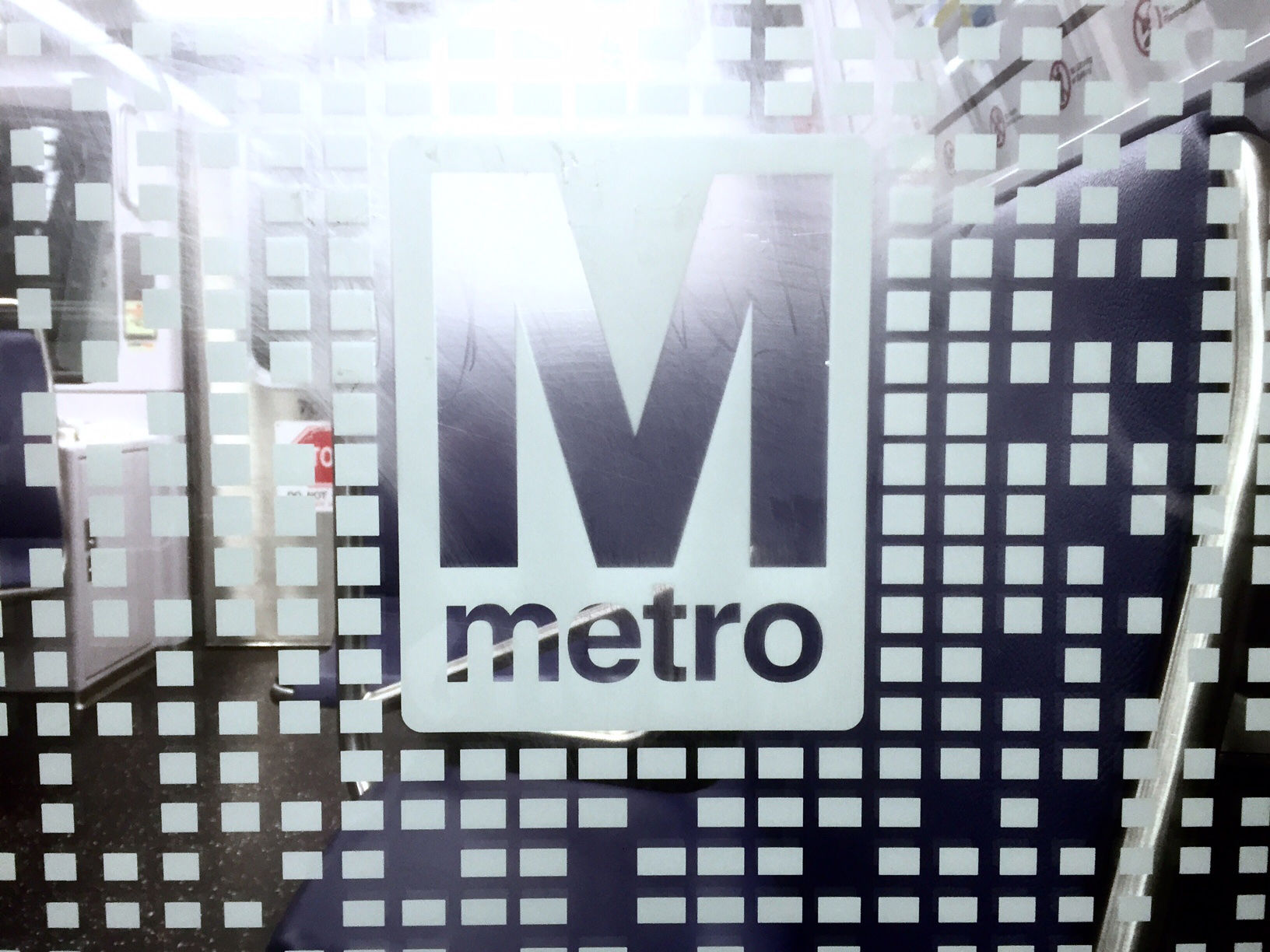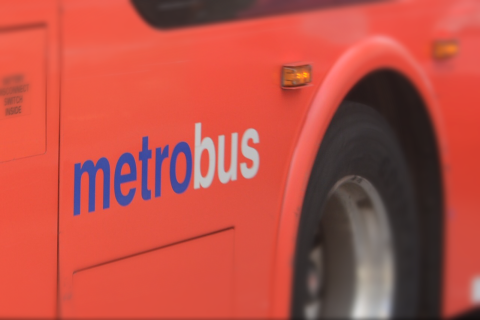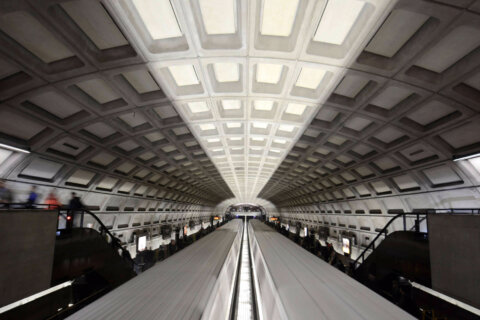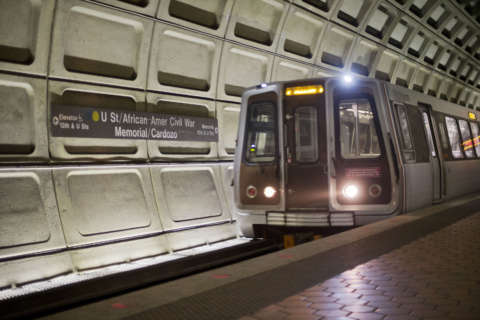
Metro’s new budget plan could save some riders money, while others would pay more for the first time in three years.
Metro General Manager Paul Wiedefeld’s proposal presented Thursday to the Metro Board is set to be debated over the next several months, including public comment this winter, before any changes take effect around July 1, 2020.
Among the ideas: a flat $2 rail fare on weekends amid ongoing track work disruptions, free regular Metrobus rides on any trip that includes a transfer to or from Metrorail, and a steep discount on the weekly bus pass to $12.
Fare increases would be focused on rush-hour rail riders and those who use cash on buses.
The proposal calls for the shortest rush-hour rail trips to cost 10 cents more, while the longest trips would cost $1 more.
Maryland’s Metro Board members raised concerns about increasing the longest-distance rail commuter prices from $6 to $7, and Michael Goldman instead suggested looking at putting more of the cost burden on people taking shorter trips.
The fare increase would be the first in three years, but unlimited-ride pass prices would not increase.
Though those passes could save many regular commuters money, the complicated steps required to purchase the passes, and get them to show up on riders’ SmarTrip cards, have deterred many from using them.
“I think we can do better on that in general,” Wiedefeld said.
Metro expects to soon have systems in place for developers to build smartphone payment apps that would allow riders sometime next year to tap to purchase passes or load value, then simply tap their phone on a turnstile in place of a SmarTrip card, Wiedefeld said.
Metro had originally hoped to have the payment system ready by the end of this year.
On buses, the cash penalty would apply to riders paying in cash or to those adding money to their SmarTrip cards on the bus.
Wiedefeld called it “a pricing strategy that basically speeds up the operations of buses. It’s one of the big issues that is, we feel, driving bus ridership down.”
A pilot program that tested cash-free buses was canceled in June.
The operating budget also calls for a return of some of the rail service hours cut a few years ago, as part of an effort to bring more riders back to the system.
“If you step back and look at the whole package, I think there’s a lot of benefits for riders,” Wiedefeld said. “We have the opportunity at this time to take a whole different step.”
The scale of the changes had Metro Board Chairman Paul Smedberg concerned about whether there is really enough time for local governments and riders to consider the proposals and fully weigh in before a final budget vote in March.
Smedberg could suggest additional public hearings beyond the ones traditionally scheduled around the end of January or early February.
Dorsey ethics reprimand
The Metro Board also reprimanded member Christian Dorsey Thursday for an ethics violation.
The Arlington County Board chairman failed to update his Metro disclosures for several months after reporting a $10,000 campaign contribution in June from Metro’s largest union, Amalgamated Transit Union Local 689.
Dorsey was stripped Thursday of his chairmanship of Metro’s finance committee. He has promised to return the $10,000.
The Metro Board Ethics Committee found Dorsey should have recused himself from discussion of several issues over the last few months because of the donation.
News of the reprimand was the first public disclosure of a Metro Board ethics finding since updated rules requiring a public accounting of any ethics violations were implemented in the wake of the widely covered Jack Evans ethics scandal.
Evans first said he wouldn’t seek another term as chairman, but eventually resigned from the Metro Board. Evans has resisted calls to resign from his seat on the D.C. Council.







